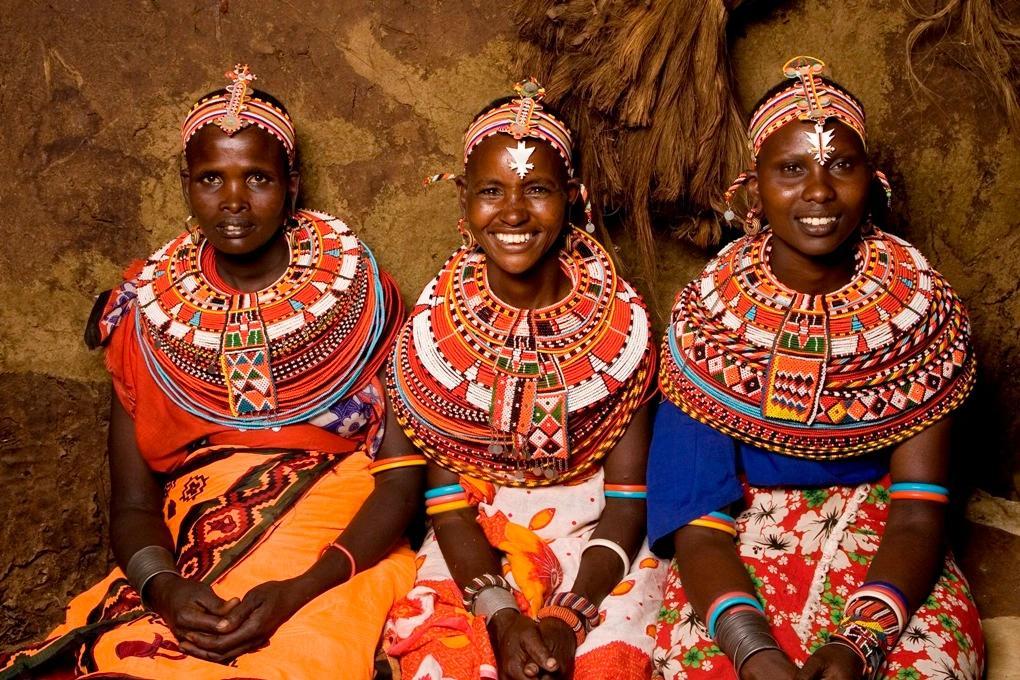Africa-Press – Angola. A delegation of traditional chiefs from the Congo Central region (DRC) spent a three-day visit to the city of Mbanza Kongo, in Zaire Province, to learn about the historical past of the former Kingdom of Kongo.
Composed of 27 members, the delegation of chieftains from the neighboring DRC met with the Kongo Royal Court at the Kongo Regional Museum to exchange experiences, as well as visited the historical sites and monuments that make up the historical and cultural mosaic of this World Heritage city.
In a statement, the cultural chief of the Congo Central region, Matsundi Makongo, said that the pilgrimage aimed to revisit Kongo ancestry and strengthen relations between the two peoples that were part of the former Kingdom of Kongo.
“We have been brothers and sisters for centuries. Therefore, our visit to Mbanza Kongo aims, above all, to revisit this city, which was the political, administrative, cultural, and economic center of the ancient Kingdom of Kongo, and to exchange experiences with local traditional authorities,” he said.
He emphasized that the leaders of the Central Congo region intend to contribute to the preservation of the culture and history of the peoples who were part of this great kingdom, which encompassed Angola, the Democratic Republic of Congo, Congo, and Gabon.
In turn, Avelino Manzueto, director of the Regional Museum of the Kingdom of Kongo, said that the visit is part of the cultural and scientific exchange program between the two border regions: Zaire (Angola) and Central Congo (DRC).
“In addition to promoting the tangible and intangible heritage of Mbanza Kongo, the meeting also aimed to establish goals for establishing a future agreement between the two traditional authority groups,” he emphasized.
In Mbanza Kongo, the delegation of traditional chiefs from the Central Congo region visited the Regional Museum of the Kingdom of Kongo, the Cathedral (Kulumbimbi), Sunguilu, Yala Nkuwu, the Tomb of Dona Mpolo, the Cemeteries of the Kings of Kongo, Tadi-dya-Bukikwa and the bust of António Manuel Nsaku Ne Vunda (Negrita).
For More News And Analysis About Angola Follow Africa-Press






